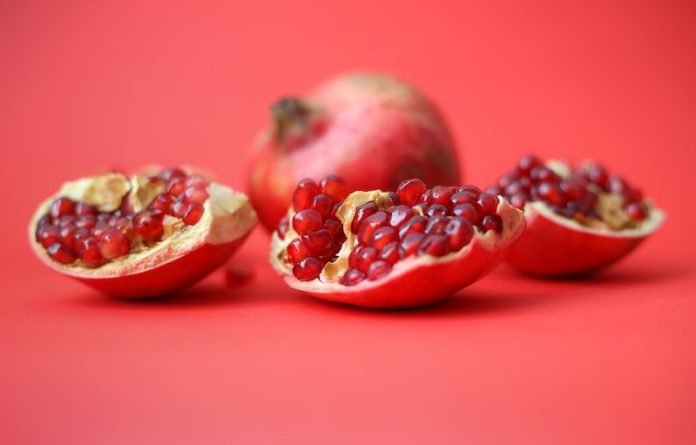
Colorectal cancer is a disease in which cells in the colon or rectum grow out of control. Sometimes it is called colon cancer, for short.
In a study from the Georg-Speyer-Haus in Frankfurt, scientists found a new approach for the therapy of colorectal cancer.
They found that urolithin A, a metabolite product of the pomegranate, sustainably improves the function of immune cells in their combat against cancer.
After treatment with urolithin A, tumor-fighting immune cells, so-called cytotoxic T cells, become T memory stem cells. This can inhibit cancer growth by directly modulating the immune system.
Colorectal cancer remains a disease with high mortality rates in advanced stages.
In the current study, the team suggests that one characteristic of tumor diseases is immune dysfunction: Immune cells that are supposed to fight the tumor are specifically suppressed by the surrounding tissue of the tumor, the tumor microenvironment.
As a result, T cells, which are the natural immune response against cancer, are restricted in their function, allowing the tumor to grow and spread uncontrollably.
The research team led by has now come to a significant step closer to a possible solution to the problem.
The researchers showed that urolithin A induces a biological pathway that recycles and renews mitochondria, the “power plants” of the cell in T cells.
Aged and damaged mitochondria in the T cells are thereby removed and replaced by new, functional ones.
This changes the genetic program of the T cells, which are thus more capable to fight the tumor.
The researchers demonstrated the therapeutic potential of urolithin A in the preclinical model and on human T cells.
They say the findings are particularly exciting because the focus is not on the tumor cell but on the immune system, the natural defense against cancer.
This is where reliable therapeutic approaches are still lacking in the reality of colorectal cancer patients.
By possibly improving the combination therapy with existing immunotherapies, the study opens up meaningful possibilities for further application in the clinic.
The team hopes to use this to sustainably improve the therapy of colorectal cancer, but also of other cancers.
If you care about nutrition, please read studies about how Mediterranean diet could protect your brain health, and vitamin D supplements strongly reduces cancer death.
For more information about nutrition, please see recent studies about plant nutrient that could help reduce high blood pressure, and these antioxidants could help reduce dementia risk.
The study was conducted by Prof. Florian Greten et al and published in the journal Immunity.
Copyright © 2022 Knowridge Science Report. All rights reserved.



